8. "You're wasting your time if ..."
Description
The formula that’s been shoved down our throat seemed simple. Upward mobility. Work hard. Do great things. Maximize your potential. Do your best. “Go big or go home”. And this leads us to pounding the pavement very early on in life. We’ve been sold this idea that a certain type of work, life, income, job, education, advanced degree, and place of living, all would make us happier.
Until we realize that it’s never enough. And that after every upward turn, is another push towards getting lost in the noisy hustle culture. So what’s the antidote of this? And what is there to do if you’re never enough and yet you are living in the US?
* Is it to learn everything faster? If so, what is the real secret to learning anything fast—even if we’re not the smartest, not the youngest, and not the fastest person in the room?
* Is it to stay on one path forever? Never switching from one interest, passion, or field to another? What if we feel like you want to do too many things? Do we just label this as lack of focus?
* What if we want to switch from something purely artisanal to high-earning mainstream corporate? Is that selling out at every upward turn?
* What about if we are going the opposite direction—from earning a handsome income to simplifying into the essential? Is that the freeing antidote to feeling like you’re never enough if you live in the US?
What if: “In some cases, you end up in places, and jobs, that don’t love you.” And we find ourselves in our 30s, 40s, and even 50s, realizing we’ve dedicated our life’s work into something that would not support and stand by us when we need it the most—fearing every layoff rounds, every recession cycle. All the while living in the US. What if what you do at work makes you feel like you’re constantly having to be show off, having to prove your worth, and measure up.
Listen to this episode if you’re curious about what to do if you’re never enough. And find out the freeing antidote to feeling like you’re having to sell out at every upward turn.
—
In case you’re out and about without WiFi later, download this episode now.
Music: Silhouettes by Tobias Voigt (License code: 8IDBGGC5WXLDYLAU)
Previously:
In this episode:
On working with NBA’s Allen “the Answer” Iverson
Staying in one profession vs. having multiple different paths: The Microsoft Chronicle
The difference between metric of fulfillment vs. metric of success
Vice Presidents and Medical Doctors: Whether prestige, degrees, and ladders are worthwhile
TV, Observed: On the real influence of Succession and Cosby Show
The unsaid and hidden price of carving your own path
The junior Olympian who sucked, an All-American nightmare, and how not to suck at your job
Learning just about anything at any age: Coding in your 30s
US Philadephia 76ers' unexpected advice: "You're wasting your time if ..."
Episode 7 TRANSCRIPT
TV, Observed: On the real influence of Succession and Cosby Show
EUGENE
It was really challenging to imagine a version of yourself that doesn't exist in that society. Right, but you would look across the pond. And it's funny because America would have TV shows like you remember the show Dallas and Dynasty. They're basically like these, these weekly soap operas that talk about opulence and wealth in the US and you think that that's how America is, right?
Dallas in particular is about this old family that it's almost like succession. Like this morally corrupt, wealthy oil family in Dallas, right? And they made their money from the oil. And this was based in the the show came out like I think in the late 70s to early 90s right.
And so these are the things I grew up watching I was like wow this is how people in America live and then the other show was the Cosby Show. The Cosby show was amazing for me because that's the first time I saw a successful black couple. I never saw that on TV in the UK. And you had the mom who was like, “yo!” That's she's just like my mom. She's strong. She's witty. She's caring. But this woman was an attorney. And her husband was a doctor. And they have these five kids. And they have this house in Brooklyn. And I was like, “Wow, like if I go to America, maybe I could have that!”
So I just never viewed the UK as presenting opportunity for someone that looks like me.
I just didn't see it.
THALIA
And were there moments that you were like, “This is hard. I just want to go back to the UK.” Or “This is way easier to just not be that.” I don't know if that exists at all.
The unsaid and hidden price of carving your own path
EUGENE
Just leaving my friends and the people that I grew up with.
Knowing that I could start to see our world just go further and further apart. And some of the people that I went to school with … They were able to talk to their middle school friends and their childhood friends. And they still were close with people that they grew up with. And I didn't have that. And I knew that I probably wouldn't have that.
Because as I was getting older, some of the people that I grew up with, were getting involved in crime. Or, having kids. Or just doing different things that I was doing.
And so even when I did try to have conversations with them, just the things that we were focused on, they were just very different.
And so that was the biggest challenge, because I knew that I was going down a path where there was no turning back.
And so I would say that was probably the biggest challenge for me.
And then in terms of what really helped me is that I had to get good at becoming, being able to see a version of myself that didn't exist yet, because everything was new.
Everything was uncharted territory.
And I had to do things that my guidance counselor probably didn't think was possible in terms of where I wanted to apply. I had to do things that most of my peers didn't think was possible in terms of career choices.
I ended up becoming a professional athlete.
And a lot of people, you know, at my high school, that wasn't something that was a reality for them. So after college, I, so throughout college, I was playing for the British national team.
I played in the Junior Olympics. I played basketball. And then after college, I went to play in Italy and in Belgium.And I played there for two years after college. And I sucked. I sucked.
THALIA
What do you mean you suck?
The junior Olympian who sucked, an All-American nightmare, and how not to suck at your job
EUGENE
Like I wasn't, I wasn't so mentally … I was a perfectionist.
Like I was, I was afraid to make mistakes. And I would rather shoot four shots and have all of them go in. As opposed to shoot, you know, 10 shots and only have five of them go in.
And so I was very conservative in terms of the way I played.
And that impacted my team's performance and people's expectations of me.
Because in practice, I'm just playing free and I look like an All-American, right?
And I get into games and I'm just very tense because I'm afraid to mess up.
And I wanted it so bad.
After seeing that in my basketball career, I got to the age of like, you know, 24.
And I'm like, you know, I'm probably not going to make it to the NBA.
So I can have a good career plan in Europe.
Yeah, I came back to the US.
In Philadelphia, I used to go to the UPenn gym.
To go work out in the off season. And the Philadelphia 76ers players will come and work out with other professional athletes from Philly. And so I would just play. And then one day, somebody was like, “Who are you?” And they're all, “This guy … He's just a local kid or whatever.”
And somebody there was an agent.
And he was like, “Oh, did you used to play for Princeton?”
And he looked me up. That gave me the validation. And then I started playing with the 76ers players. And they were like, “So what are you trying to do?”
“You’re trying to get a tryout with the team or what?”
And I'm like, “No, I'm just trying to get in shape and go back to Europe.”
And then I remember speaking with one of the players and he was like, “What are you trying to do long term?”
“I want to go and become an entrepreneur and eventually do something related to sports.”
And so he introduced me to the general manager of the 76ers.
And I was given the opportunity to just go in there, put together my resume. I just started working there for free. Just do whatever they wanted just to get some experience. And then they were like, “Since you're here so often, we might as well just start paying you.”
And so that's how I got my job with the 76ers.
And what was really interesting about that time is that I always had this guilt of leaving some of my friends, people that I grew up with behind.
So I started working with the juvenile justice system there.
On working with NBA’s Allen “the Answer” Iverson
EUGENE
And at the time, the 76ers had this guy Allen Iverson, who was like this Hall of Fame player. But when he was younger, he got in some trouble. And ended up in the juvenile justice system and nearly lost his career.
So I was able to connect with Allen Iverson.
And tell him about some of the work that I'm doing with these juvenile facilities and basically trying to help the kids assimilate back into the Philadelphia communities. And he would allow me to bring them to the g

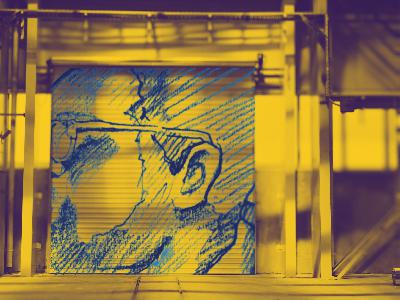
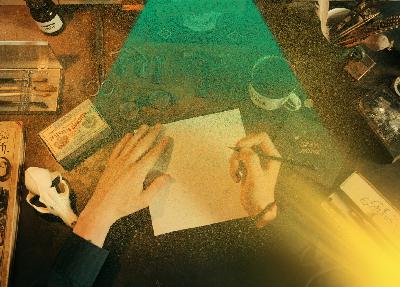




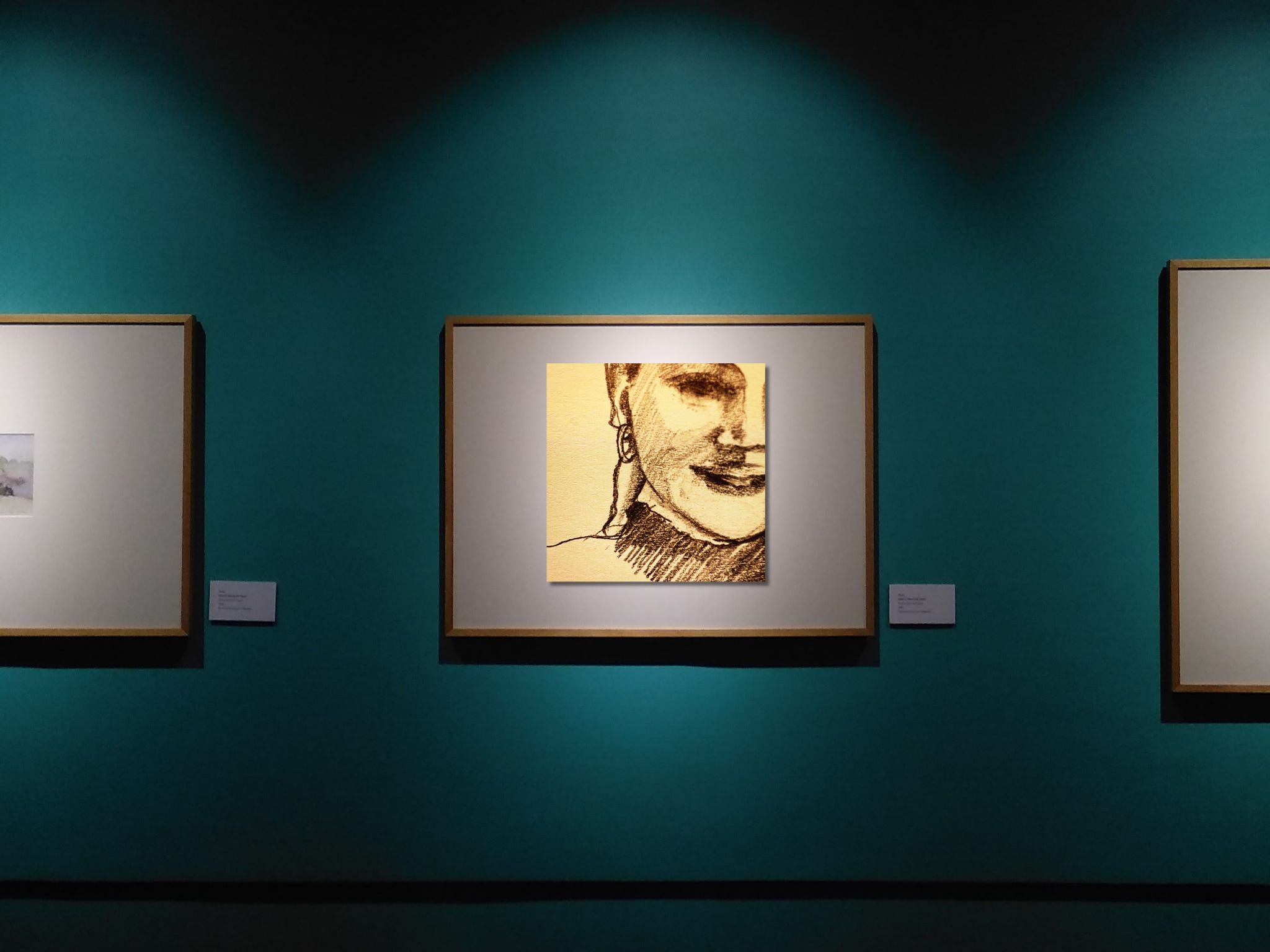

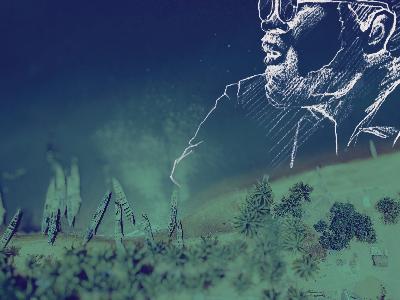


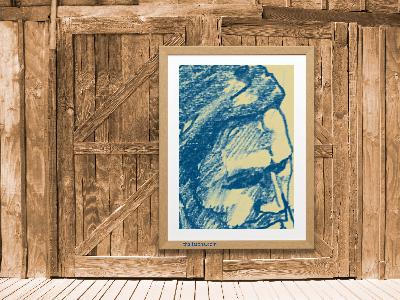
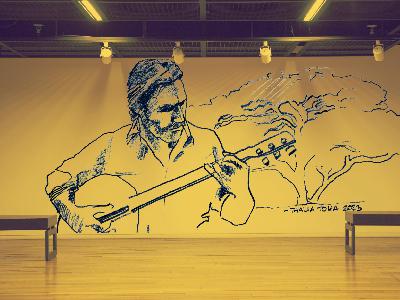


![1. Why we want to do everything at once [An Internal Logic] 1. Why we want to do everything at once [An Internal Logic]](https://substackcdn.com/feed/podcast/1909227/post/138192032/ed23403f2ddb56ee3e75c8377474e6fe.jpg)



